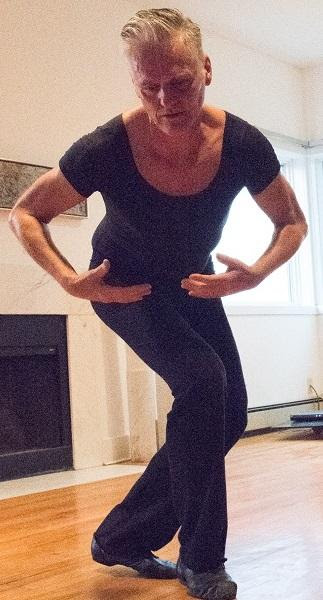I look forward to February because it is always a creative time for me. Really, what else is there to do? February gives me the excuse to be inside myself. There are fewer social engagements as people enter a deeper state of hibernation and the weather releases me from the responsibility to go outside.
New York City teachers have a hard-earned break right in the middle of the month. Some years I spend the whole week in my apartment writing furiously and I am never happier than when that occurs. Other years I spend the week upstate, volunteering at Easton Mountain, a retreat center where I wash dishes, prepare food and clean. This year I went upstate. Between kitchen shifts I had some time to walk the many trails around the retreat center and think about the translations for Part II. I also snapped some pictures along the way.
The poem below begins the second half of the cycle of twenty-four songs. As I said in my last post, Schubert intended to end the cycle after twelve songs and then found the remaining poems, so there is a drastic change between Nos. 12 and 13 that is both programmatic and occasional.
In "The Post" another person enters the wanderer's saga for the first time, but only as a faraway sound. The sound is a horse-drawn postal carriage whose horn announces the delivery of mail in the village he has left. At first the significance of this escaped me and I saw this song as a kind of prologue to the second half. But while I was in the woods last week I listened in the negative-degree stillness for sounds from the highway and I had this thought:
Once during a meditation retreat at the center, construction traffic on a nearby country road suddenly filled a silent room with the disturbing sound of honking horns. The teacher instructed his students to contemplate the sound as just that: a sound removed from tone or association. "It's just a horn," he said. "No car, no traffic, just a sound."
What does a horn mean? In this song the horn is an invitation to the other side, to the other half of the cycle. It is a call from the liminal, the space between worlds, the border between sheathes of perception. Before this fulcrum point in the saga, the wanderer was walking away from something, now he is walking towards something.
This week at the retreat center I walked the grounds for days trying to get a picture of something mail-related for this blog post. Then one night I had a martini and discovered this old ski lodge mailbox in a stairwell that I had walked down for years.
13. The Post
From the roadway there a post horn sounds
How is it that you so swiftly bound,
My heart?
How is it that you so swiftly bound,
My heart?
The post brings not a word for you
Why surge so strangely as you do,
My heart?
Why surge so strangely as you do,
My heart?
Of course! It's from a place I've known
Where I once had a love my own,
My heart!
Where I once had a love my own,
My heart!
Would you like looking over there
And finding how the people fare,
My heart?
And finding how the people fare,
My heart?
3. Die Post
Von der Straße her ein Posthorn klingt.
Was hat es, daß es so hoch aufspringt,
Mein Herz ?
Was hat es, daß es so hoch aufspringt,
Mein Herz ?
Die Post bringt keinen Brief für dich.
Was drängst du denn so wunderlich,
Mein Herz ?
Was drängst du denn so wunderlich,
Mein Herz ?
Nun ja, die Post kommt aus der Stadt,
Wo ich ein liebes Liebchen hat,
Mein Herz !
Wo ich ein liebes Liebchen hat,
Mein Herz !
Willst wohl einmal hinüberseh'n
Und fragen, wie es dort mag geh'n,
Mein Herz ?
Und fragen, wie es dort mag geh'n,
Mein Herz ?


